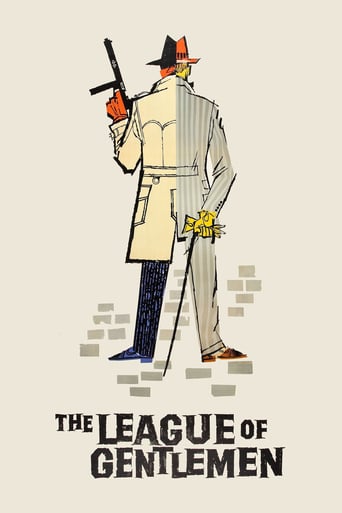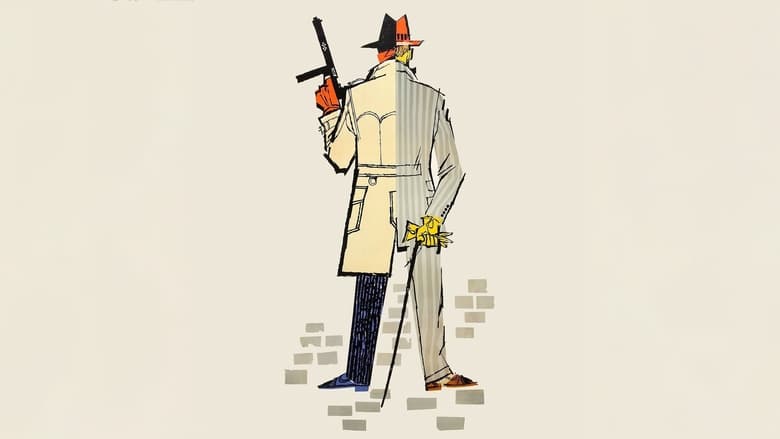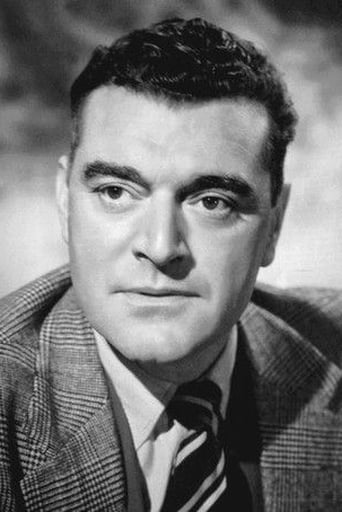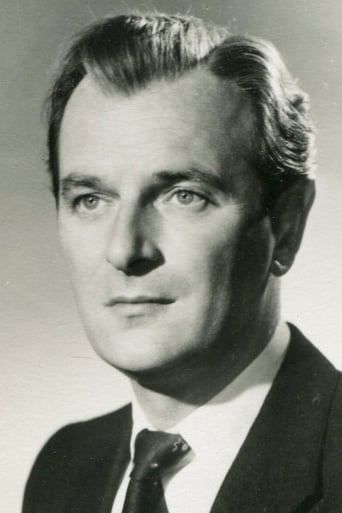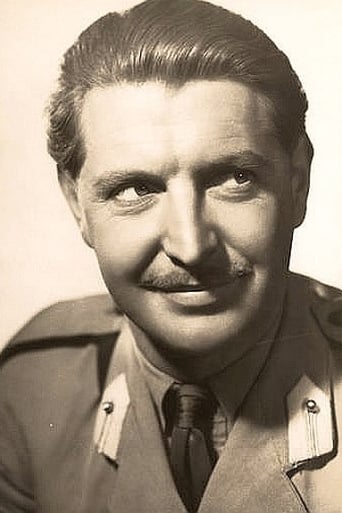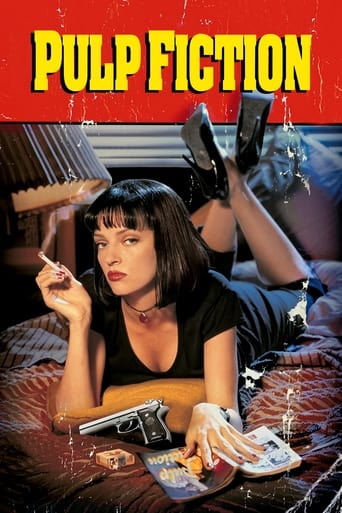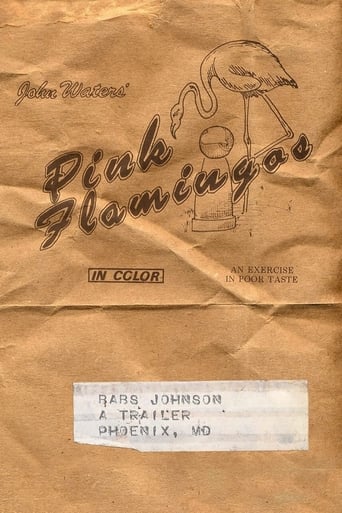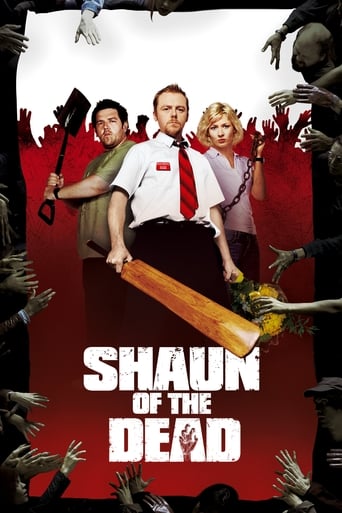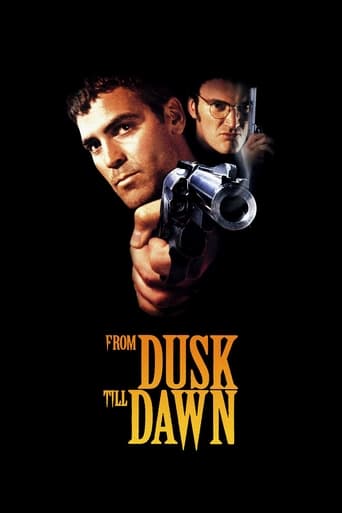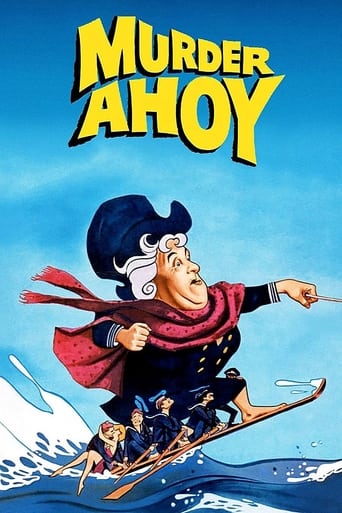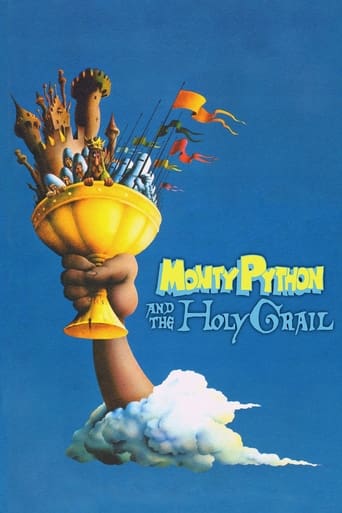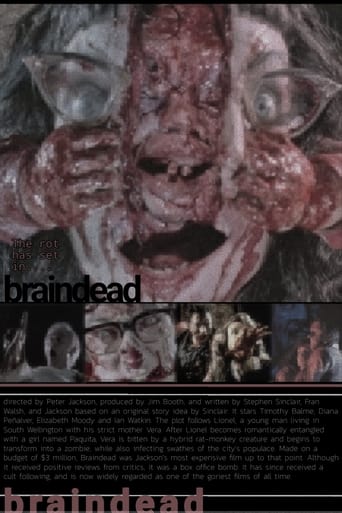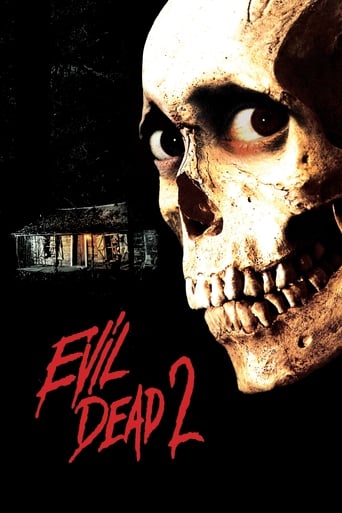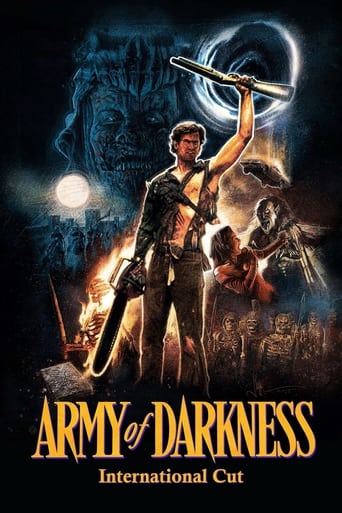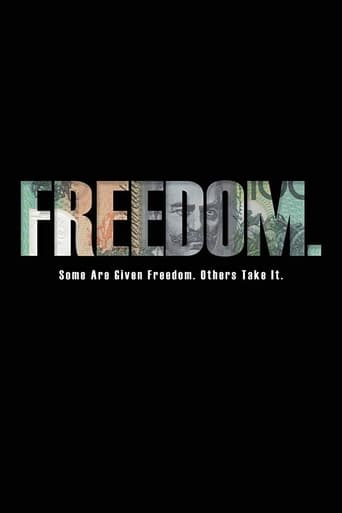The League of Gentlemen (1961)
Involuntarily-retired Colonel Hyde recruits seven other dissatisfied ex-servicemen for a special project. Each of the men has a skeleton in the cupboard, is short of money, and is a service-trained expert in his field. The job is a bank robbery, and military discipline and planning are imposed by Hyde and second-in-command Race on the team, although civilian irritations do start getting in the way.
Watch Trailer
Free Trial Channels
Cast


Similar titles
Reviews
What makes it different from others?
One of those movie experiences that is so good it makes you realize you've been grading everything else on a curve.
I enjoyed watching this film and would recommend other to give it a try , (as I am) but this movie, although enjoyable to watch due to the better than average acting fails to add anything new to its storyline that is all too familiar to these types of movies.
While it is a pity that the story wasn't told with more visual finesse, this is trivial compared to our real-world problems. It takes a good movie to put that into perspective.
The folks at Criterion selected three of Basil Dearden's films to include in a recent collection that pays homage to the great British director. Two of them are currently available for streaming on Hulu. This review covers one of those titles-- the marvelous heist film THE LEAGUE OF GENTLEMEN from 1960.GENTLEMEN resonates rather well for me, though I am not exactly a fan of this sub-genre due to its often repetitive plot twists. You know, where the caper promises to be a perfect crime, but then it all falls apart and fails miserably. But perhaps I enjoy Dearden's treatment of this subject, because he manages to avoid the clichés, and his version wisely does not lapse into predictability or sentimentality. It also helps considerably that such material is placed into the hands of a distinguished set of actors who slyly punch up the more dramatic aspects of the story, which was scripted by Bryan Forbes, who happens to number among the crooks.Besides Forbes, the cast includes several first-rate performers. Roger Livesey plays a member of the cohort nicknamed Padre; Richard Attenborough is Lexy, a womanizing associate; and Robert Coote has a funny bit as a meddling outsider who inextricably becomes involved in the criminal activity. But it's star Jack Hawkins who holds it all together with his smooth portrayal of an ex-colonel that masterminds the robbery with his right-hand man-- I mean, major-- played by Nigel Patrick.Another great thing about this picture is the pacing. The gathering of the gang; the next sequence of stealing the guns from a government base; the heist itself at a nearby bank; and the 'victory' party at the end are all evenly presented. It's a nearly two-hour movie that hums along nicely and gives us, at every turn, a sense of being pleasantly entertained. Yes, two hours of movie-watching time has been stolen from us by these gentlemen, but it is well worth the price.
An enjoyable story of ex colonel Jack Hawkins who brings together, by means of blackmail, a diverse group of ex officers who are specialists in their chosen fields. They're all in "urgent need of funds". And they all got into some kind of trouble in the British Army during or after the war. He enlists their aid in a complicated bank robbery, something along the lines of earlier Ealing comedies like "The Lavender Hill Mob," but not at all slapstick.It's an amusing movie. Much of the humor is subdued. You need to listen carefully. The musical score during the mostly silent robbery, for instance, sounds like it's ripped off from the dramatic chords of Miklos Rozsa in "The Asphalt Jungle." But the film is most engaging in its clever dialog, by Bryan Forbes.When Hawkins first calls the robbers together for a meeting: "Your presence here confirms my disbelief in the goodness of human nature."And, when Hawkins is climbing the stairs past the portrait of a beautiful woman, one of the conspirators asks if that's his wife. "Yes." "Is she dead?" "No. I regret to say the bitch is still going strong." It reminded me at times of the TV series, "The Avengers," although without the whimsy and not nearly so stylish. In the opening shot, a manhole cover on a filthy wet street is slowly moved aside and Hawkins emerges from it in an immaculate suit, crosses the street, steps into his Rolls and drives away. Yet, it hangs together better than "The Avengers" because the plot is grounded in reality and the narrative builds on itself. It's all done according to military procedures. First the objective is outlined, then the guns must be stolen, then the vehicles, and so forth. The ending is a downer because, although all these fellows are flawed in some way, and Hawkins himself seems a little nuts at times, we've gotten to know them and want them to succeed. Of course they can't.Impressive cast too. None of them get to do much except gentlemanly things. There are small parts for Nigel Greene, and Oliver Reed does a brief but hilarious number as a nancy boy.
Great film. One I'd take to the desert island. It's not only entertaining, it also provides a fascinating glimpse of its era.However I do have a few niggles, some of which constitute definite spoilers so if you haven't seen the film and don't wish to note them, please read no further.At the lunch early in the film Hyde accuses all the assembled Gentlemen of being crooks "of one sort or another". While most of them had certainly been up to no good during their time in the army and been punished accordingly the word "crooks" is hardly appropriate in their later civilian lives. Mycroft certainly and possibly Race and Lexy but Weaver and Porthill seem to be more or less blameless, if in the latter case a bit disreputable, and Rutland-Smith's only crime anywhere seems to have been to have run up some "embarrassing mess bills". Stevens' implied indulgence in homosexual acts, while illegal at the time the film was made, would hardly justify his being labelled a crook even then. I feel that some more convincing criminality could have been devised - perhaps beating up Hyde en masse after he had gone round the table insulting each in turn! To my mind the only real weakness in the film is the way they were caught. There are two reasons for this, one regarding plot and the other structure. Firstly, if I am correct, they were rumbled because the policeman who visited their warehouse recorded, for some unexplained reason, the number of Hyde's car, which the latter later used in the robbery. Its number was then noted by the small boy near the crime scene. Would such a meticulous planner as Hyde really have committed such a faux pas? The stolen car, after all, had its number changed so why not his? Or, preferably, would it not have been better - indeed obvious - not to have used his car at all? Secondly the sudden appearance of the boy, taking car numbers, jarred.It clearly had some relevance, otherwise there was no need to include it, and it indicated fairly clearly that it would somehow lead to the plan's ultimate failure.Something that has always worried me and which has doubtless occurred in real life (certainly in the GTR of 1963) but which the film does not address was the fact that the taking of huge numbers of used notes inevitably led to the group taking their share of the loot in that form. We were not told how much was eventually seized but on the basis of the estimated £million divided by eight it would be £125K each. Nowadays, depending on which inflation index one uses, that would need to be, say, around £2.5 million and would need rather more than one suitcase each (see my later comment on a remake) but even the 1960 amount of physical cash would have posed difficult logistical problems for the robbers. Where to store it in the meantime and then how to deal with it, for instance. Even allowing for client confidentiality, banks and other financial institutions would, knowing that a huge robbery had taken place, be forgiven for raising an eyebrow at sudden appearances of large sums in previously threadbare or non-existent accounts. Few would mind the problem but it would need to be solved.Others have criticised the film for not allowing the crime to succeed though most accept that the moral climate at the time would not have permitted it. I think that that is true but I also think that it was not the only reason. If the film had stopped at the post-heist party with "Oh well, thanks for everything, gentlemen, enjoy the money" THE END, it would hardly have met the need for a strong ending. Really they had to be caught if only for dramatic effect.Finally, I can accept Colonel Hyde grubbing around in the sewers surrounding the bank (sadly, that manhole cover has gone now) in order to check on the subterranean situation but would he really have done so in evening dress and with his Rolls parked over the road advertising his presence? Oh, wait, though. He was very careless with his car numbers, wasn't he? Finally finally! I note the tediously inevitable call for a remake. For heaven's sake why? TLOG ain't perfect but what film is? PLEASE think of that ghastly remake of The Ladykillers and leave well alone.
This is a heist film that really rises above the ante of its genre, due to the motivations behind the main characters. The characters are all former army officers, who were dismissed due to misconduct on their behalf, with the exception of the mastermind behind the robbery, who brings them all together. His name is Hyde, and he was halfway to becoming a full colonel before the army forced him into retirement. He is separated from his wife, and without army life, he has nothing left to do. So for the fun of it, rather than the money, he organises a heist.The acting in the film is superb. The expressions that Jack Hawkins uses when playing Hyde signify that he is in it for the thrills rather than the loot. He looks on with joy, rather than stern, careful consideration, as he and his men organise everything that they need to do. He is in power again, since he is the head of the operation, and since he knows that everyone who he picks will want to go along. All of his men are not only crooks but ones with financial problems. And as the only one with plenty of money and no criminal record, he enjoys the idea that he can duck out at any time.The supporting actors also show in the end that they are enjoying their work. While initially in it for the money, the return to army regulations - by which Hyde runs the operation - excites them. Nigel Patrick and Bryan Forbes are particularly good as the more suave members of the heist team. One problem though is that we never get to know the characters really well. They are defined by what we are told about them, rather than their actions, particularly with the Padre, played by Roger Livesey. A former quartermaster, he shows excitement at being able to take up the job again, but he is given very limited screen time, and his involvement with acts unbefiting a priest is oft mentioned, but his personality rarely shows anything more than that he is just another one of the men.I find it rather odd that the film is marketed as a comedy. There is one section, when they raid the army, that is bouncing with humorous touches, and Gerald Harper, as a nervous army captain, gives off an excellent performance. The rest of the film though only has the slightest edge of humour, from Hyde badmouthing his wife to a rather awkwardly inserted cameo by Oliver Reed as a homosexual performer. The comedy is not important though, and the plot is intriguing enough as it is, but it does make the raiding the army section stand out, as it jars the film's mood and style.If not flawless, it is still a very well made film. The rousing, grand music score is excellent, not just because it fits well over the action, but because it is sort of a parody of the scores of old war movies. The film looks great in black and white, and some of the sequences are very well shot. One example that stands out in memory is a shot where the camera goes through the walls of two different rooms, crabbing to the right, and swooping a little bit, almost like a person trying to not bump into a vase as he passes through a wall. The visual look of the film and the audio are just excellent, and well suited to the interesting screenplay.

